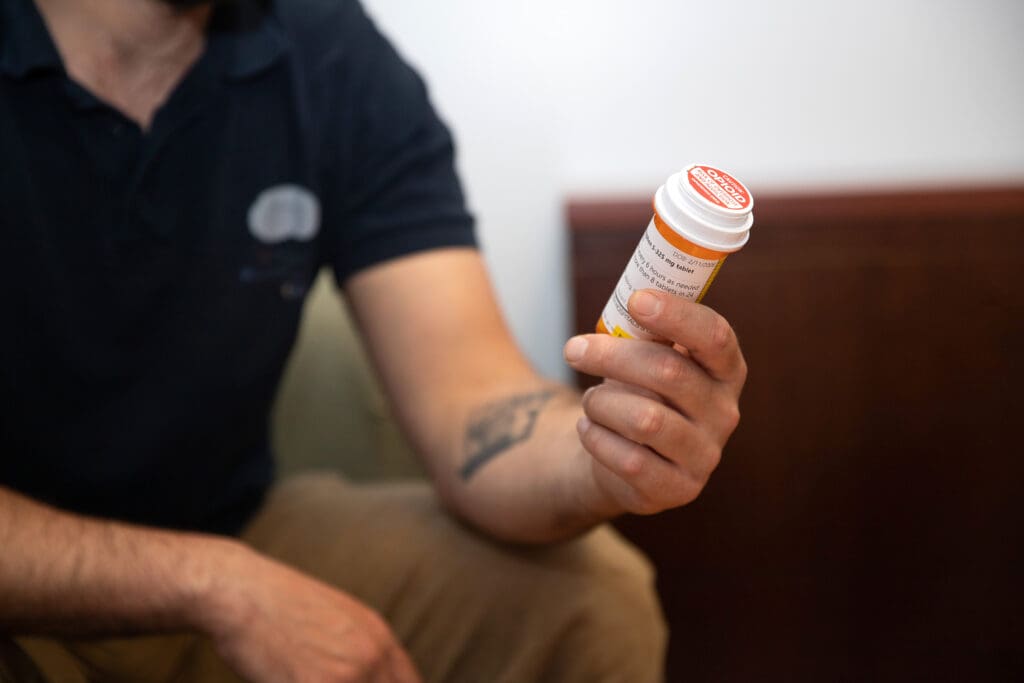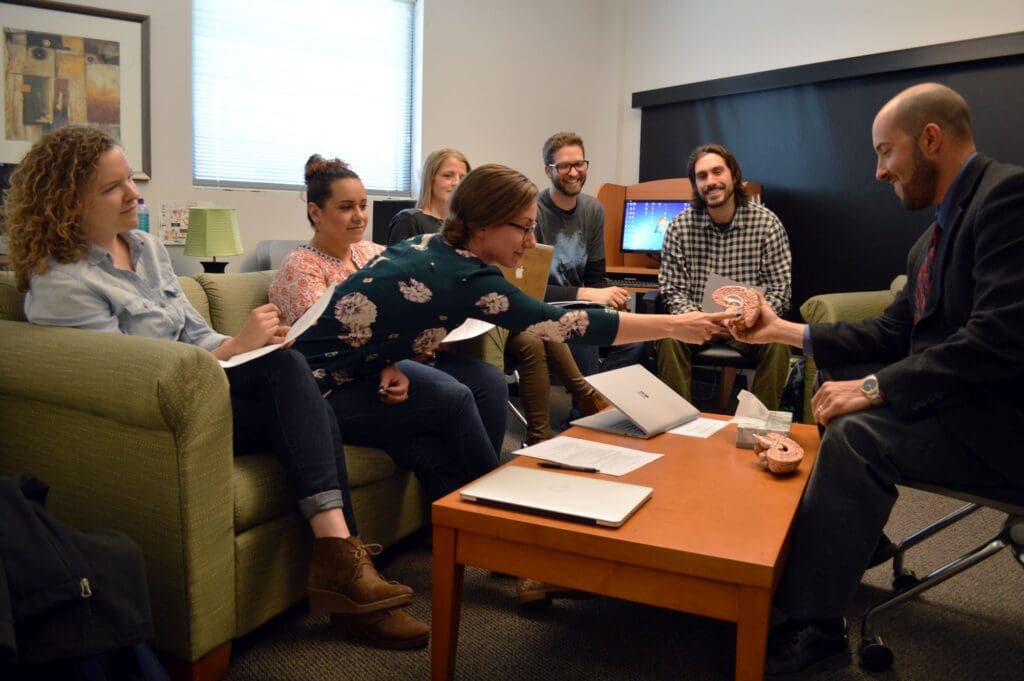This project will investigate the feasibility, acceptability, effect sizes, and therapeutic mechanisms of a novel, mindfulness-oriented cognitive therapy (MOCT) intervention for alcohol dependence, focusing on how attentional processes impact craving. A randomized control group design will be used, with 24 adult alcohol dependent persons per group. The MOCT arm will participate in 8 weekly 2 hour group sessions, in addition to daily 30-minute sessions of recorded, guided meditation practice at home. The control arm will participate in a time-matched, alcohol dependence support group, in addition to daily journaling on addiction-related themes. Measures will be taken at 1 and 2 weeks pre-intervention, the 5-week midpoint, and 1 and 12 weeks post-intervention. Self-report questionnaires, the addiction-Stroop test, and visual probe task will be used to assess process and outcome. 1 week pre- and post-intervention salivation will be measured during exposure to olfactory and visual alcohol cues, with samples assayed for cortisol levels.

Eric Garland, PhD, LCSW
University of Utah
Dr. Eric Garland, PhD, LCSW is Distinguished Endowed Chair in Research and Distinguished Professor in the University of Utah College of Social Work and Director of the Center on Mindfulness … MORE




